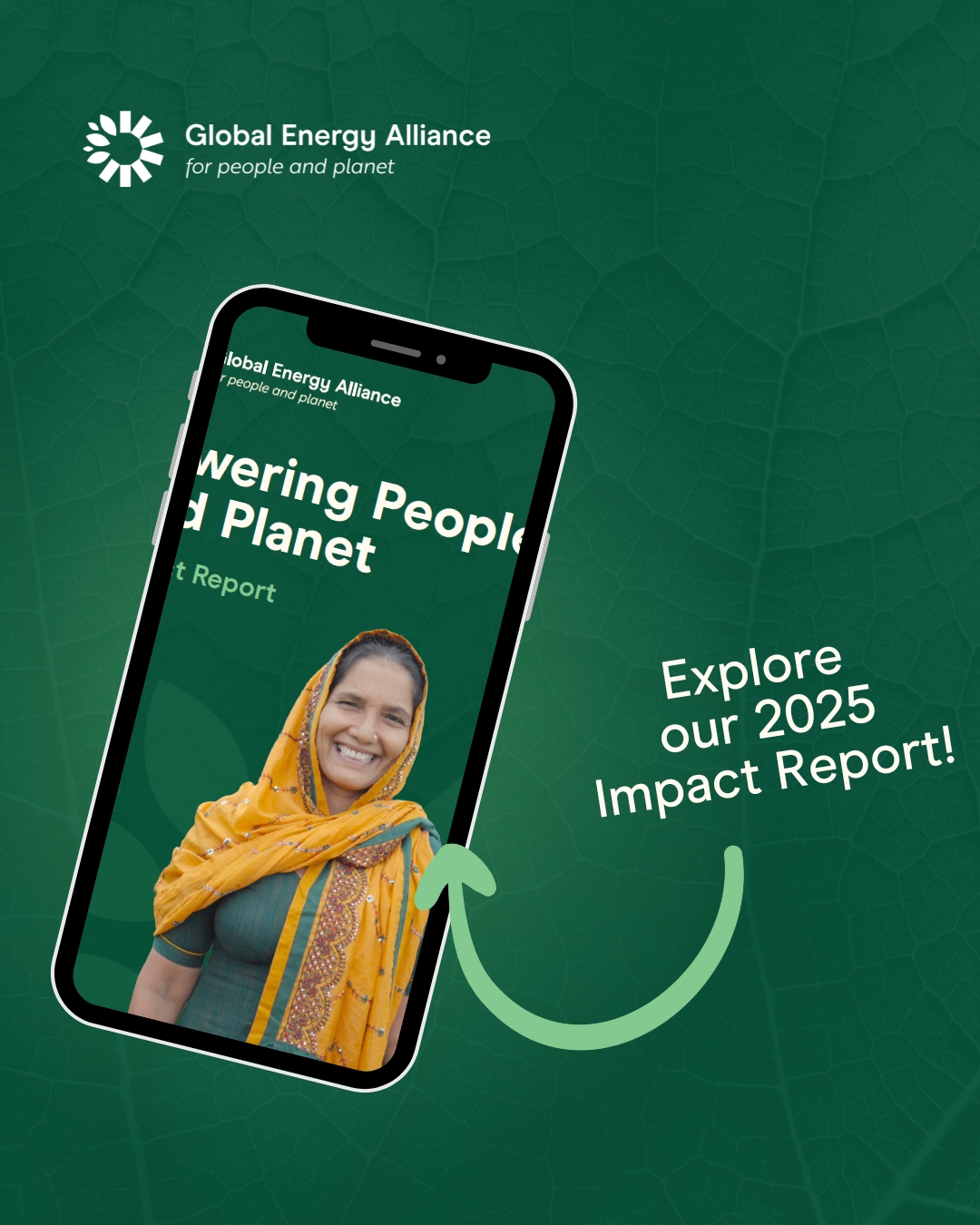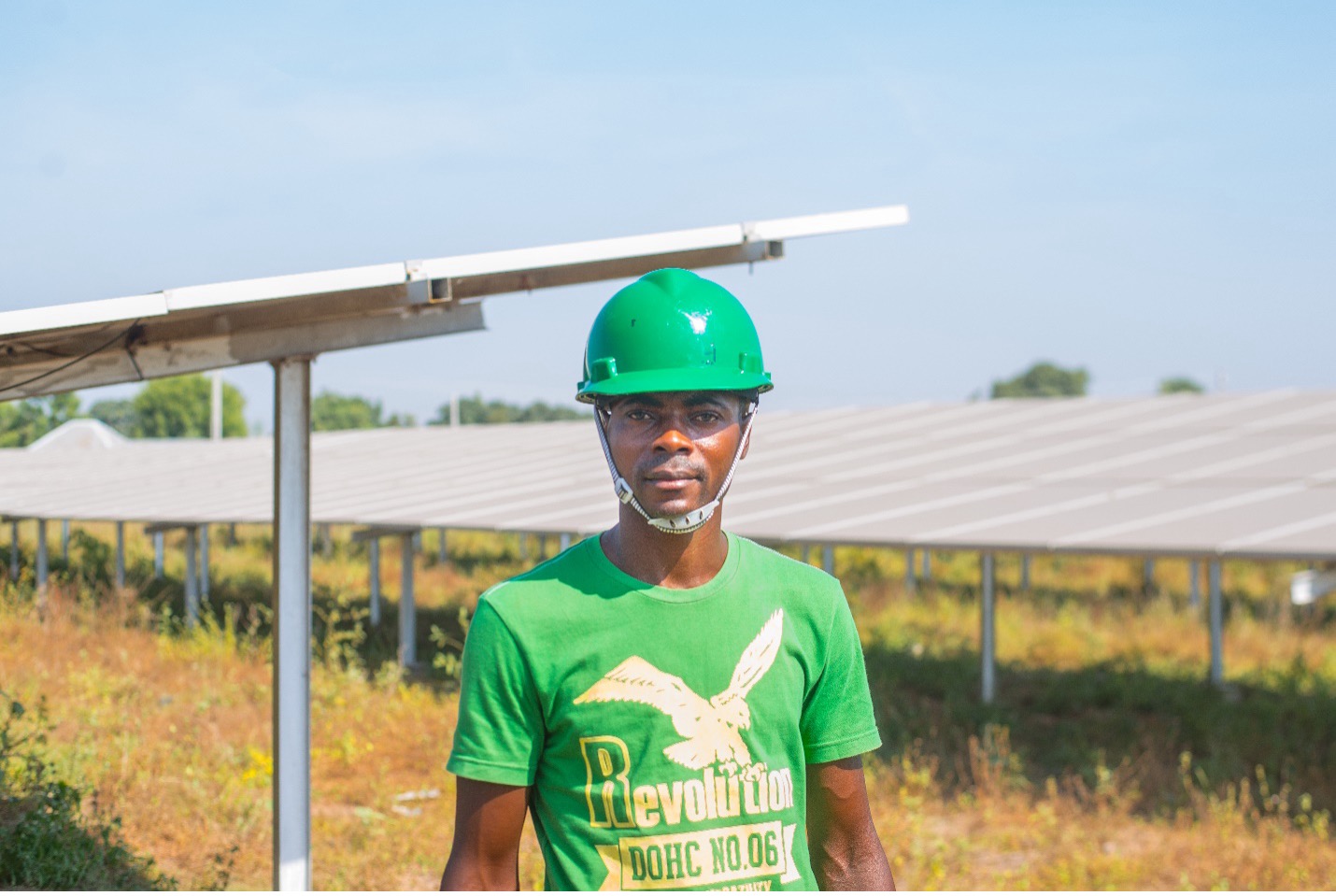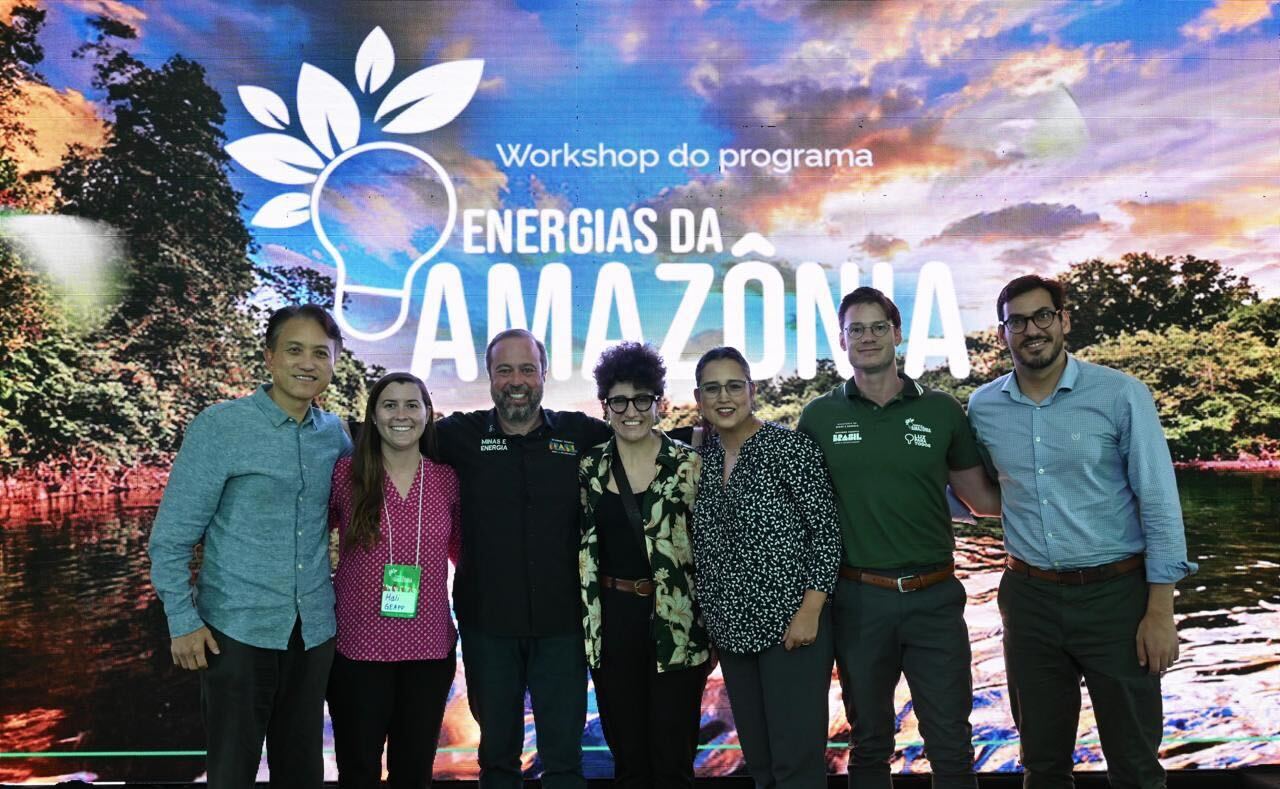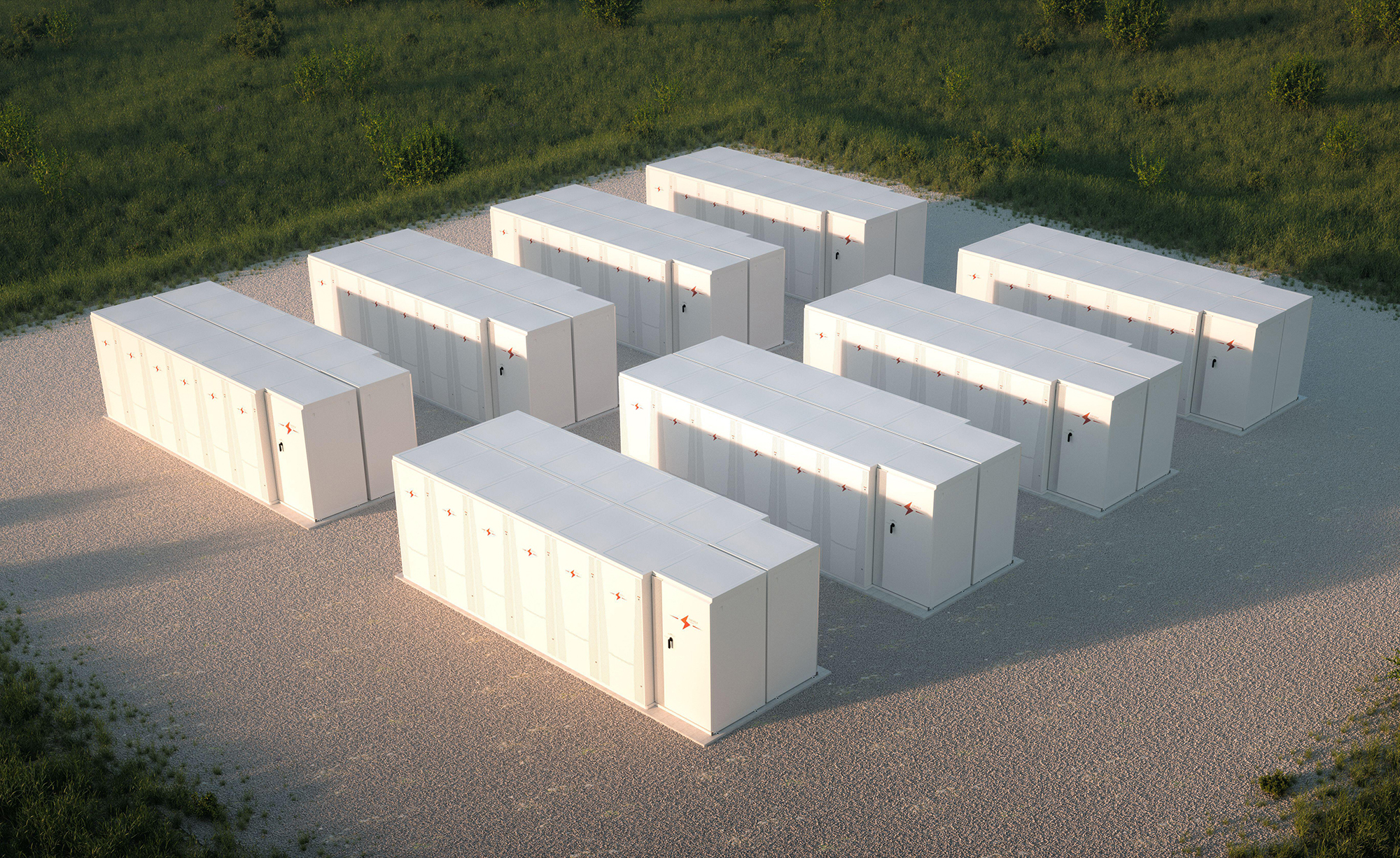India’s First Utility-Scale Standalone Battery Energy Storage System Project Begins Commercial Operation with GEAPP’s Support

NEW DELHI | 8 May, 2025 — The GEAPP Leadership Council (GLC) today officially announced the launch of India’s first utility-scale, standalone Battery Energy Storage System (BESS) project, the largest of its kind in South Asia. This is the first project led by the BESS Consortium, a multi-stakeholder partnership of countries and resourcing partners steered by the GLC, to achieve this important milestone.
GEAPP, in collaboration with IndiGrid and AmpereHour Energy, assisted BSES Rajdhani Power Limited (BRPL) in commissioning the 20 MW/40 MWh BESS project in New Delhi at a record-breaking 20-month delivery schedule. GEAPP’s catalytic capital attracted strong private sector interest and led to a BESS cost ~55% lower than the previous benchmark tariff in the country. Located at the high-demand at the Kilokari substation, the project is expected to improve power quality and enable 24/7, reliable power in the area for over 12,000 low-income consumers.
Commenting on the project, Saurabh Kumar, GEAPP’s Vice President for India, stated, “The BESS pilot project at Kilokari substation is a crucial step towards the development of integrated BESS in India. With a significant increase in renewable energy generation capacity, it is imperative that storage facilities are developed to help India and the world transition to clean energy. With an annual tariff nearly 55% lower than the previous benchmark, the project sets a new standard for BESS affordability in India. We intend to continue our work in driving innovation in India’s energy sector.”
Since its launch at COP28 in November 2023, the BESS Consortium has mobilized over 2 GW of early‑stage BESS projects, engaged 22 countries, confirmed support from 20 resource and technical partners, and established a pooled technical‑assistance framework that is fast‑tracking utility‑scale storage deployment across emerging and established markets.
“IRENA welcomes this landmark achievement in India, which exemplifies how global collaboration can accelerate progress toward universal energy access,” said Francesco La Camera, Director-General of IRENA and a Consortium member. “The BESS Consortium’s support for large-scale storage deployment reflects the growing recognition that universal access to renewable energy and the energy transitions of emerging markets must be fast, inclusive, and resilient. This project is a strong signal to policymakers and investors alike that battery storage is not just a future solution, it is an urgent priority and compelling opportunity today.”
During the last twelve months, four lead projects—totalling nearly 150 MW of capacity—have progressed to advanced stages of development in India, Vietnam, Malawi, and Barbados. In Vietnam, the Asian Development Bank, RMI, and GEAPP are working with the national utility to develop a 50 MW grid‑connected storage project and have organized multi‑stakeholder workshops to develop policies for ancillary services that will stabilize the grid as solar and wind penetration increases to 30 percent by 2025.
“The project’s success reflects the value of collaborating to unlock fast progress,” said Jon Creyts, CEO of RMI and a Consortium member. “Through its delivery, we’ve not just created a path to grid resilience and more low-cost renewables development within region, we’ve also created a template that governments and private investors can replicate across geographies.”
In Malawi, with support from GEAPP, the Electricity Supply Corporation of Malawi (ESCOM) is implementing a 20 MW/30 MWh BESS. The project will unlock 100 MW of solar capacity and improve power reliability for households, hospitals, schools, and commercial and industrial consumers.
And lastly, in Barbados, GEAPP along with the Inter-American Development Bank, RELP, the National Renewable Energy Laboratory, and the Regulatory Assistance Project are planning a 60 MW multi‑system BESS auction in Q4 2025 to help the island nation achieve its 100 percent renewable electricity goal by 2030.
The Consortium has reached 40 percent of its initial 5 GW pipeline goal and achieved substantial progress by simplifying due‑diligence procedures, aligning donor support, and using concessional loans to realize cost savings of as much as 30 percent below prior tariff levels. Togo, Belize, and Southeast Asia regional workshops convened utilities, regulators, financiers, and technology collaborators to analyze market obstacles and agree on co-investment in co-investment underpinnings for technical support. The newly framed ENABLE (Enabling Access to BESS in Low-Carbon Economies) platform will marshal capacity and financing in order to maximize the reach of the Consortium to the Philippines, Mongolia, Cambodia, Indonesia, and other emerging BESS markets.
***
About Global Energy Alliance for People and Planet (GEAPP):
The Global Energy Alliance for People and Planet (GEAPP) is an alliance of philanthropy, governments, technology, policy, and financing partners. Our common mission is to enable emerging and developed economies to shift to a clean energy, pro-growth model that accelerates universal energy access and inclusive economic growth while supporting the global community to meet critical climate goals during the next decade. As an Alliance, we aim to reduce 4 gigatons of future carbon emissions, expand clean energy access to one billion people, and enable 150 million new jobs. With philanthropic partners the IKEA Foundation, The Rockefeller Foundation and Bezos Earth Fund, GEAPP works to build the enabling environment, capacity, and market conditions for private sector solutions, catalyze new business models through innovation and entrepreneurship, and deploy high-risk capital to encourage private sector solutions and assist just transition solutions.
For more information, please visit www.energyalliance.org and follow us on Twitter at @EnergyAlliance
For media queries, please contact: media@energyalliance.org



